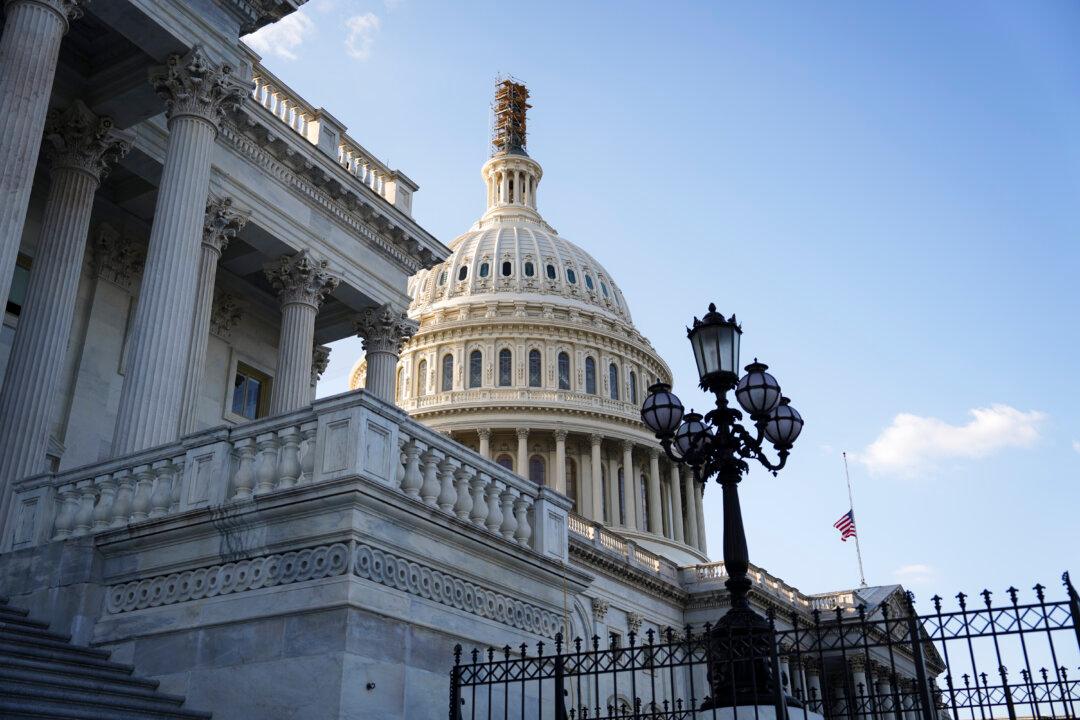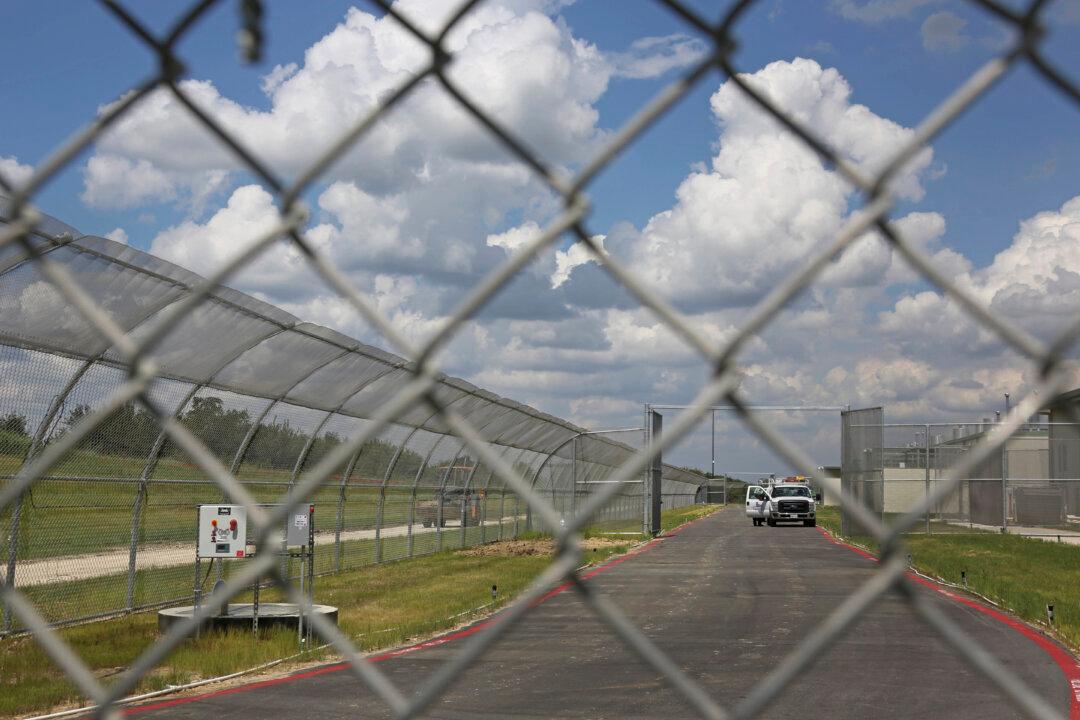As the war between Israel and the terrorist group Hamas rages on, Congress is set to take up measures related to Israel and antisemitism.
The biggest legislation is supplemental assistance to Israel. The Biden administration has requested $14 billion. However, whether the final bill will consist of that amount and if it will be tied to or separate from assistance for Ukraine is to be determined.





